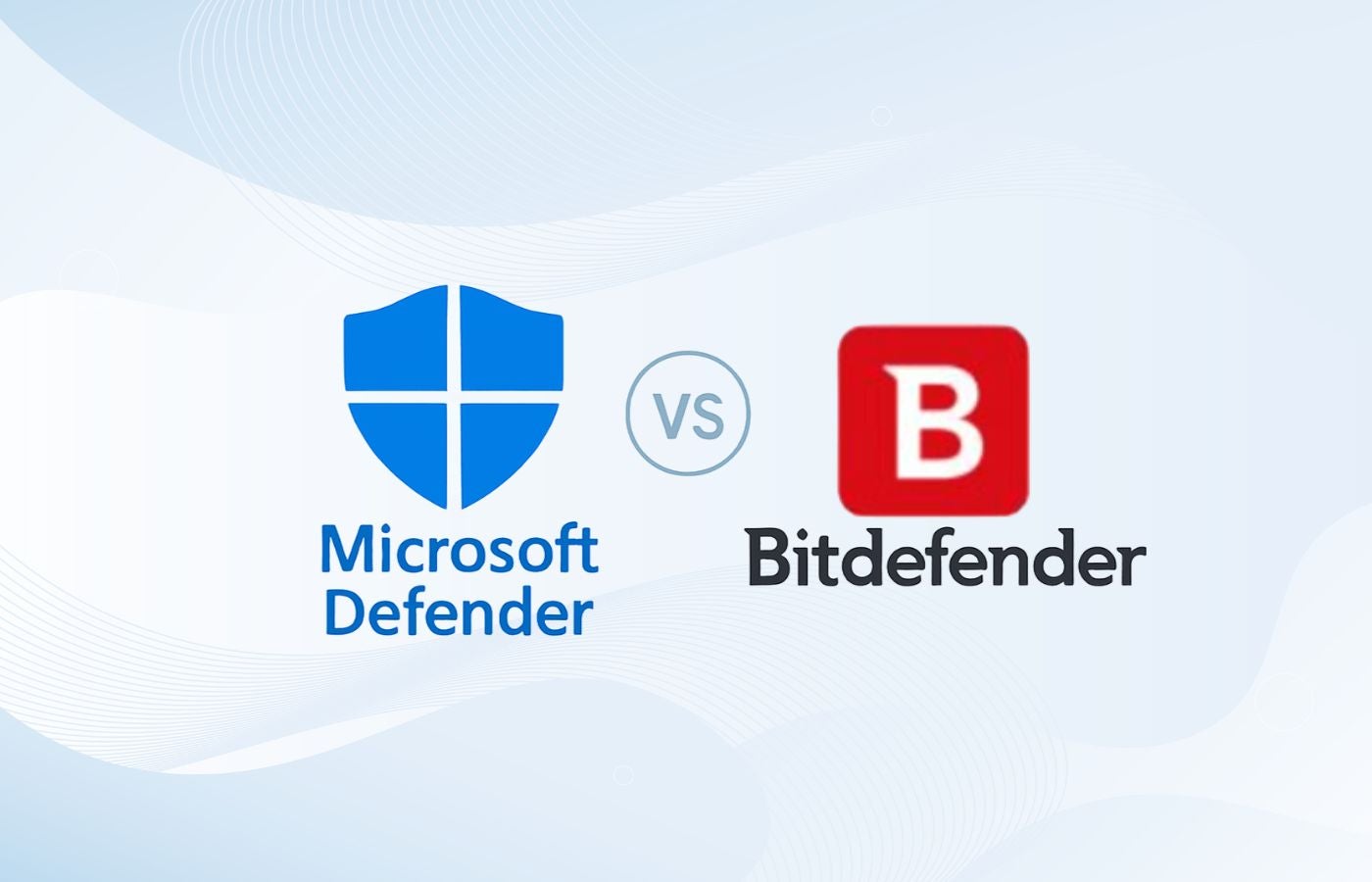With a global cybersecurity staffing shortage of 3 million and growing, including a need for 500,000 IT security pros in North America alone, IT security jobs are going to be in plentiful supply again in 2019, and those with the right skills will be able to take their pick.
The shortage of security talent isn’t putting a dent in demand, as eSecurity Planet‘s 2019 State of IT Security survey found that 57 percent of organizations plan to hire security staff in the next year.
Inevitably some IT security skills will be more in demand than others, and to understand where the specific skill hotspots are likely to be, it’s necessary to understand what the most important security issues are, a good reason to start with our 2019 IT Security Outlook.
Here, then, are the most in-demand cybersecurity skills, along with the metro areas that have the most job openings and where the highest pay can be found.
Cybersecurity skills in demand
These are the areas of cybersecurity where security pros are likely to be most in demand.
Skills shortage, compliance drive demand for services
The skills shortage itself will be one of the big drivers of the security job market, fueling demand for outside IT security consultants. Gartner believes that regulatory requirements like the EU’s General Data Protection Regulation (GDPR) are driving continued growth in the security services market, and consultants with GDPR/CCPA expertise will be in high demand. At least 30% of organizations will spend on GDPR-related consulting and implementation services through 2019, Gartner predicts.
Gartner believes data privacy concerns will drive at least 10% of market demand for security services through 2019 and will impact a variety of segments. The analyst firm expects particularly high demand for people with skills in privacy-related security areas such as identity and access management (IAM), identity governance and administration (IGA) and data loss prevention (DLP).
Data protection grows in importance
Data protection rather than intrusion prevention is increasingly becoming a focus if IT security professionals, because there is a growing recognition (thanks in no small part for the need to comply with stringent regulations such as GDPR) that a security strategy based on “keeping adversaries out” is not practical. As companies move from focusing on perimeter protection to data-centric security, there will be a need for a large number of people with data protection skills.
AI skills on the rise
Artificial intelligence (AI) will become increasingly important in the field of IT security, including offering the potential to detect and automate responses to a variety of threats. On the face of it, the use of AI would appear to be a replacement for people with IT security skills, but it will also spur demand for IT security professionals with AI knowledge and practical implementation and configuration skills.
Clouds are in the forecast
Cloud security is becoming an issue for an increasing number of organizations because more and more are using cloud services, moving some of their operations to the cloud, and offering cloud-native applications that may span both their own data centers and public clouds. While the security of cloud services is the responsibility of the service provider up to a point, the security of corporate data that is used in the cloud is the responsibility of cloud security experts, and these will be in high demand.
Blockchain skills in short supply
Blockchain technology may not be such a trending topic thanks to the crash in cryptocurrencies such as Bitcoin that are built on top of it. But the technology itself is here to stay and will likely become a bedrock on which many security systems are built. Possible applications include hardware and software supply chain integrity, control of mobile and IoT devices, network control, and even identity solutions. Blockchain technology skills will therefore be in high demand and are likely to be in particularly short supply for the foreseeable future.
Forensics could fight cyber-espionage
Economic cyber-espionage will become more prevalent, due in no small part to U.S.-China trade tensions, Forrester Research predicts. “No matter how sophisticated your internal teams and tools are, you’ll be up against determined adversaries with access to a government’s resources,” the research firm warns. It therefore expects a high demand for IT security forensics experts who can detect breaches and help their employers prevent and respond to attacks.
Women will gain ground
Women will increasingly land top IT security jobs in 2019, with 20% of the CISO roles in Fortune 500 companies filled by women, compared to just 13% in 2017, according to Forrester. In part this will be because women are chronically underrepresented in the IT security space, and the skills shortage will force organizations to work for a more inclusive culture. And as more women take top jobs in IT security, more are likely to see that opportunities exist and join the security ranks.
IoT still a headache
The Internet of Things (IoT) is no longer an exciting up and coming trend. While the hype surrounding the technology has largely subsided, the billions of devices around the world have not. They still need to be secured, and anyone with IoT security skills is likely to be in high demand in 2019.
Where are the IT security jobs?
To understand where cybersecurity job opportunities are, it is helpful to study job postings, and an analysis carried out by Indeed.com shows that vacancy hotspots exist in tech hubs on both the East and West coasts, as well as cities in the South and Midwest.
Indeed’s research shows the metro areas with the most cybersecurity job postings, by ranking, are:
- Washington DC
- New York, NY
- Dallas-Fort Worth, TX
- Baltimore, MD
- Chicago, IL
- Atlanta, GA
- Boston, MA
- San Francisco, CA
- Los Angeles, CA
- San Jose, CA
Perhaps the most surprising thing about these results is that tech hotspots San Francisco and San Jose are not near the top, but on second glance the numbers make sense.
Washington, D.C., after all, is a tech hub in itself, and is home to IT security departments protecting the federal government, the defense industry, and other large nonprofits and nongovernmental organizations, Indeed.com points out. And New York is the financial capital of the U.S.
The next three are not obvious tech hubs, but Dallas-Fort Worth is home to 22 companies in the Fortune 500, including AT&T, American Airlines, and ExxonMobil, while Baltimore is home to 15,000 social security and medical centers for Medicare and Medicaid service employees as well as a number of universities and medical centers.
Where are the highest-paid security jobs?
Indeed.com also looked at the average salaries on offer, revealing that the big money for IT security jobs is to be found in San Francisco, San Jose, Chicago, and New York.
But of course that’s not the whole story, because the cost of living in cities like San Francisco and New York can be astronomical, when rent, transportation and even the cost of groceries is taken into account.
When you adjust the average salaries on offer for the cost of living, a very different picture emerges. When it comes to the average salary adjusted for the cost of living in a particular metro, the best paid IT security jobs turn out to be in Charlotte N.C. and Chicago, Il., and only then do the high salaries on offer in San Francisco make up for the high cost of living to put it in third place. San Jose and New York only barely make it into the top ten.
The full ranking of adjusted IT security salaries is:
- Charlotte, NC
- Chicago, IL
- San Francisco, CA
- Austin, TX
- Denver, CO
- Philadelphia, PA
- Boston, MA
- Baltimore, MD
- San Jose, CA
- New York, NY
Which IT security roles are in demand?
The top two roles that were advertised for in much of 2018 (and likely to carry through into 2019) according to Indeed.com were:
- IT security specialist
- Information security analyst
This ties in with the fact that there is huge demand for all kinds of IT security professionals. But the next three are more illuminating:
- Network security engineer
- Security engineer
- Application security engineer
This reveals that good old fashioned network security is still front and center in many organizations’ minds, and that practical security engineering skills are still highly sought after.
What are the best-paid IT security jobs?
According to recruiter Robert Half, Information Systems Security Managers can command the biggest bucks, with a midpoint salary of about $140,000. For that candidates will need a technical background in systems and network security, and probably a certification such as Certified Information Systems Security Professional (CISSP) or CompTIA Security+.
Just below that in the earning stakes is the position of Data Security Analyst, with a salary midpoint of about $125,000. To get this role candidates need thorough knowledge of system and network security, including firewall administration, encryption technologies and network protocols. A CISSP certification is also likely to be required.
Overall the employment outlook for IT security professionals of all kinds in 2019 looks extremely rosy, and there may never be a better time to start a career in IT security, or to look for a new job to progress up the career ladder. And since the IT security skills shortage shows no signs of disappearing, the excellent employment prospects for IT security professionals may continue well into the next decade.




